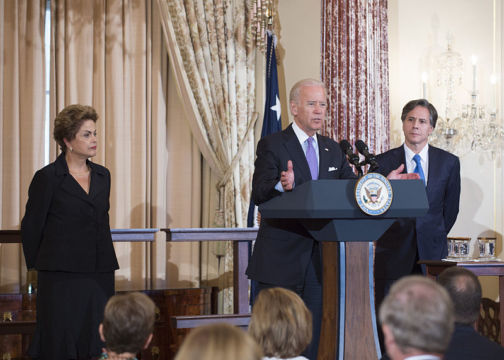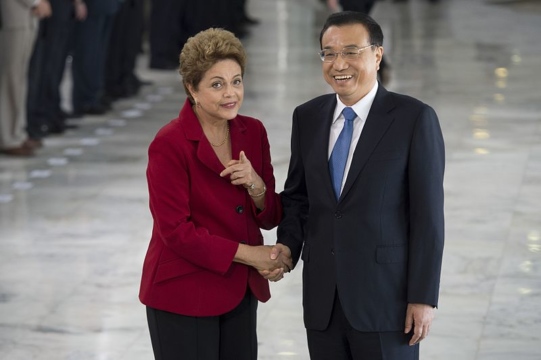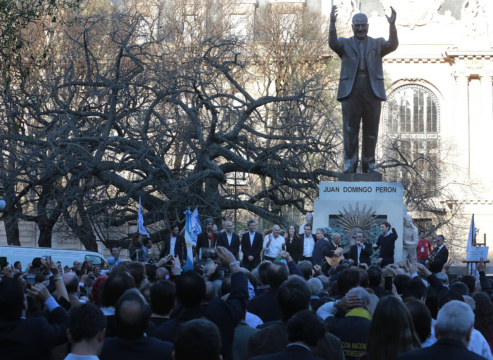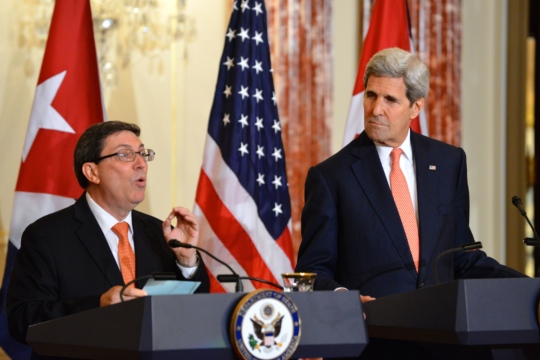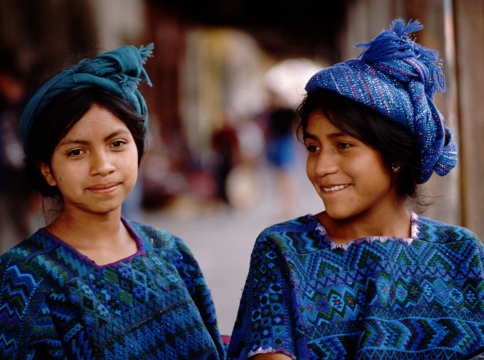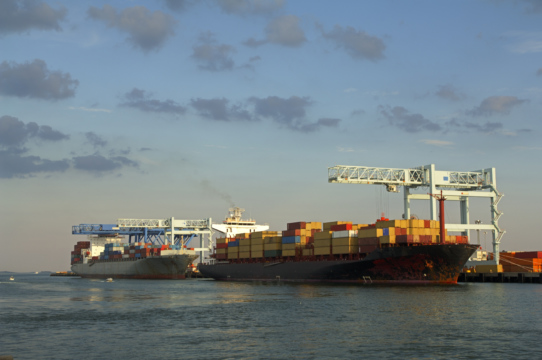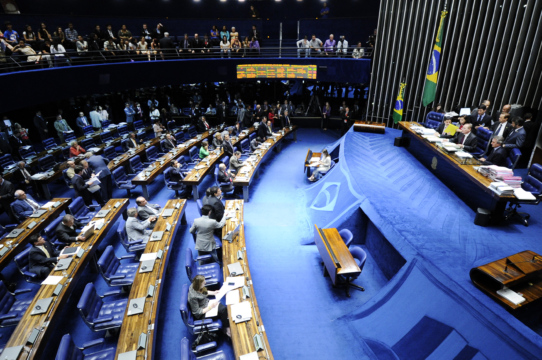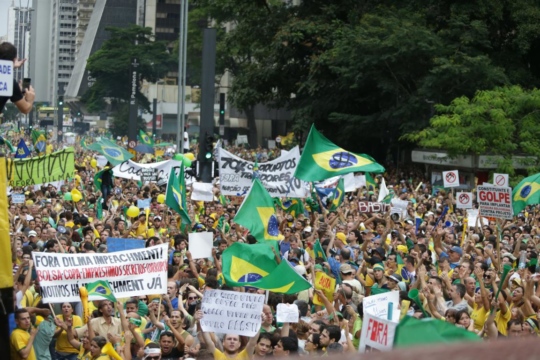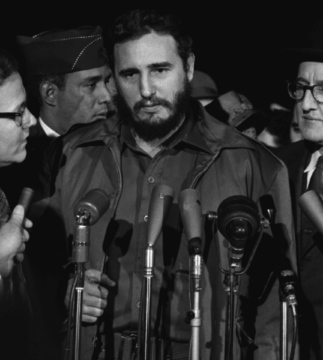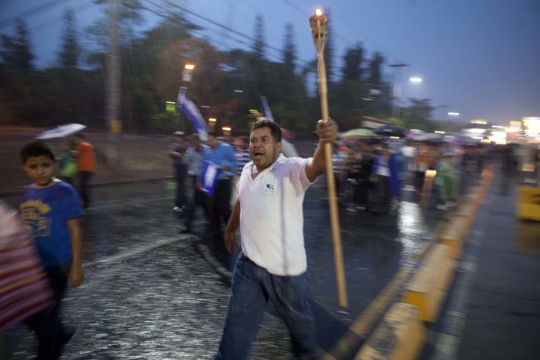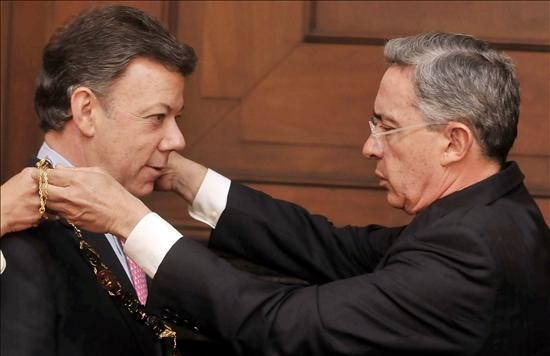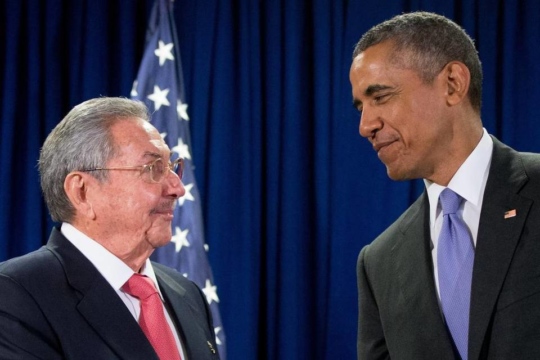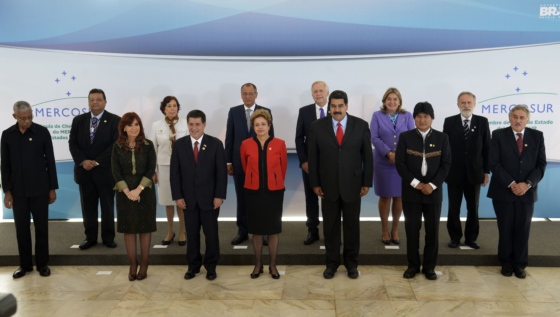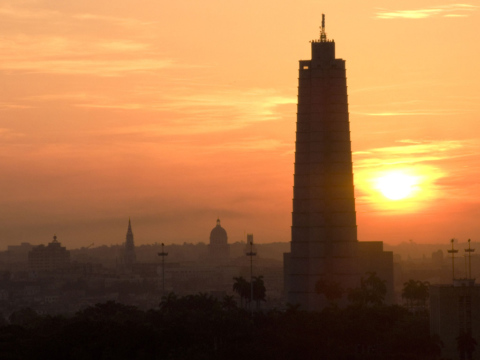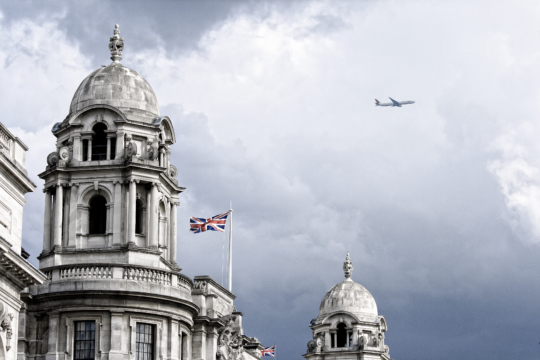
What the Brexit Means for Latin America
Latin Americans should pay close and cautious attention to the Brexit. They are not immune to the fallout.
Latin Americans should pay close and cautious attention to the Brexit. They are not immune to the fallout.
The US visit of Brazilian President Dilma Rousseff nine months ago, as it turned out, had little consequence.
What does China stand to gain from investing in Latin America’s energy projects? Where is China looking next in the region?
Latin America’s left has every reason to be worried by current trends. Its power and credibility have declined sharply in many countries.
The historic rapprochement between Cuba and the US will have permanent implications for hemispheric relations.
Guatemala is among the most unequal countries in Latin America. Fiscal policy has done very little to reduce inequality and poverty overall and along ethnic lines.
Latin America can expect both continuity and divergence from Chinese actors in the coming years.
Following Santos lead, the Michel Temer government would first have to test whether Brazil’s legislative leaders are willing to conduct serious negotiations, and prepared to make concessions that could be effective in curbing the country’s pervasive corruption—or at least offer a better solution than the current case-by-case approach of criminal investigations and trials.
The emergence of this new normative edifice in favor of transparency and accountability is one of the most important, yet unsung, stories of the consolidation of democracy in Latin America.
Castro, who led Cuba for nearly 50 years, died Friday. In 2006, he had transferred the presidency to his younger brother, Raul Castro, after a debilitating intestinal ailment. Fidel Castro’s vision and iron rule shaped every aspect of life in Cuba and its relations worldwide. Many, perhaps most, Cubans would say he held power too tightly and too long. He was Latin America’s most prominent 20th century leader, but his legacy remains to be defined.
Central America is not moving forward; rather, it has regressed. The region is experiencing one of the most severe crises in its history.
Colombia is lacking a national consensus for peace. Washington can help.
President Barack and Michelle Obama’s trip to Cuba, scheduled for March 21 and 22, is aimed at making the normalization of relations with the island, begun little more than a year ago, “an irreversible policy.” From a US perspective, the policy already looks pretty much irreversible.
In contrast to most of the world’s major emerging nations, Brazil lives in a very comfortable neighborhood.
The removal of the failed policy of isolating Cuba is a major step forward.
